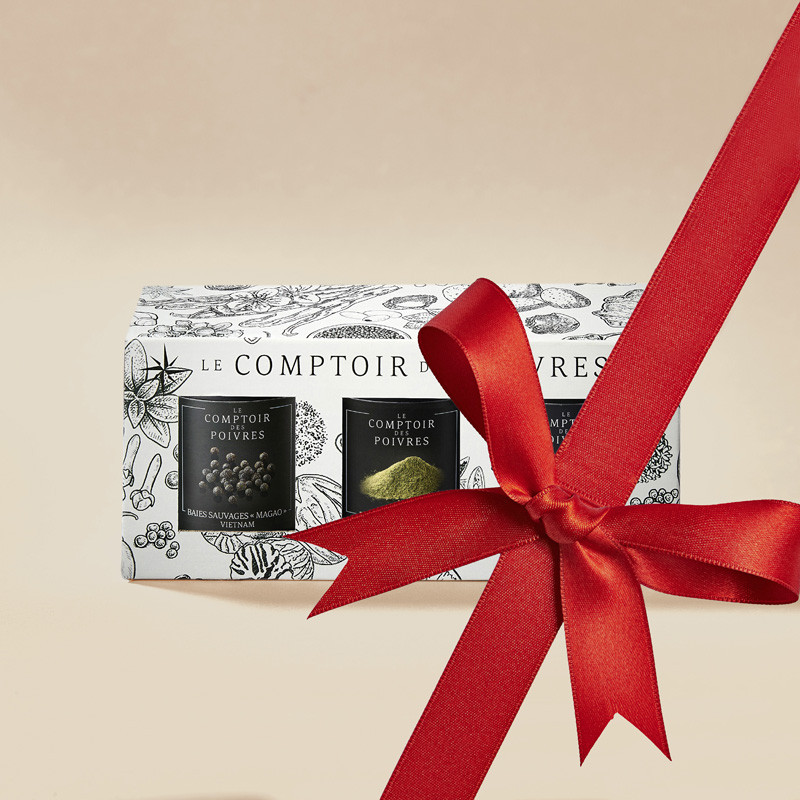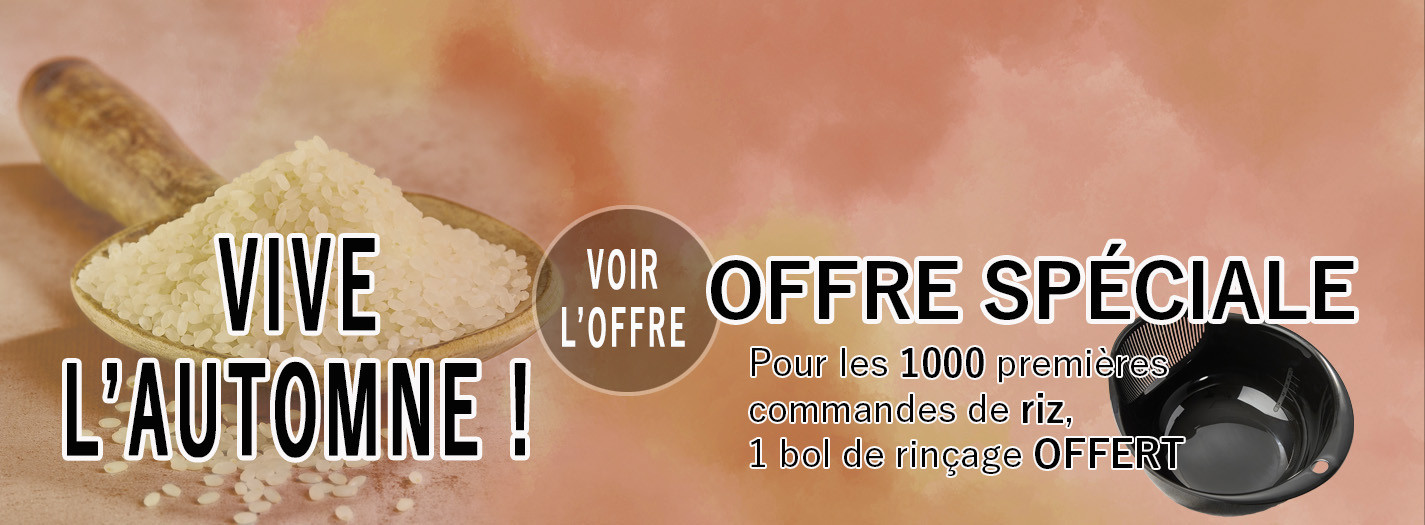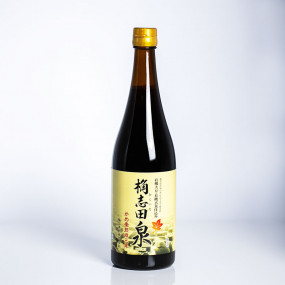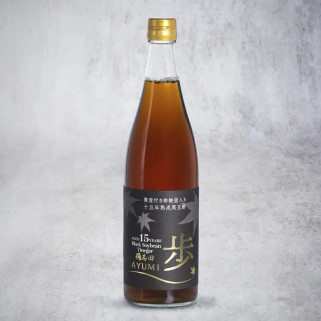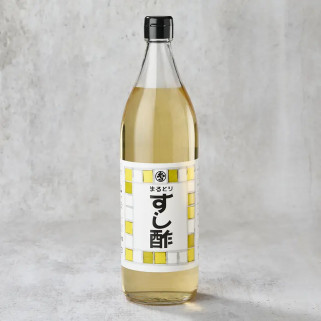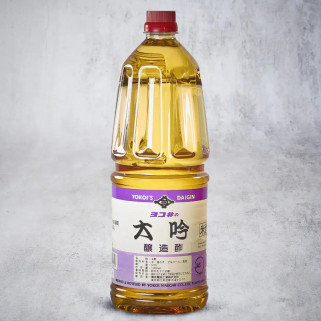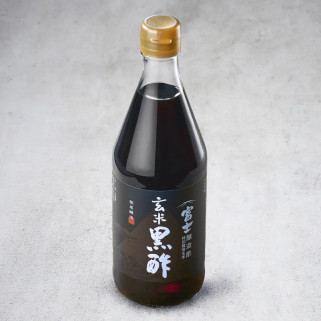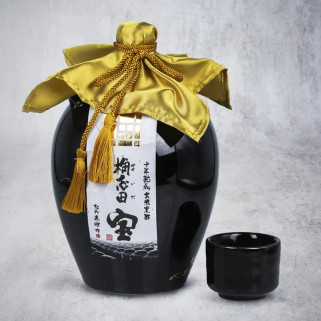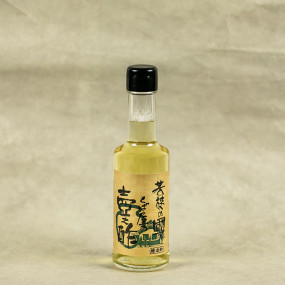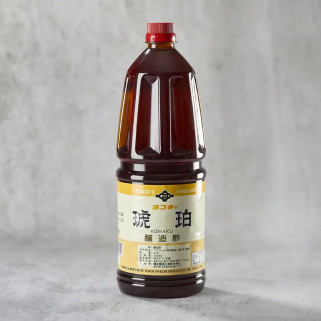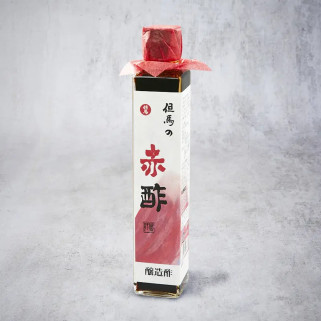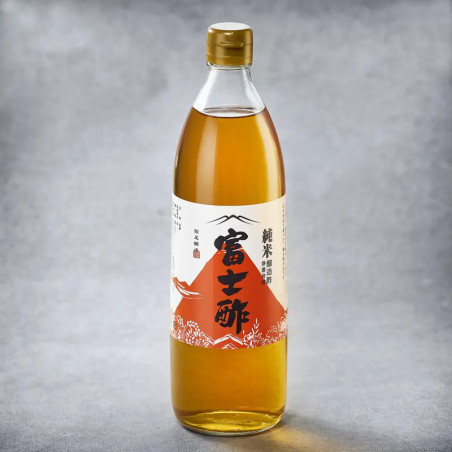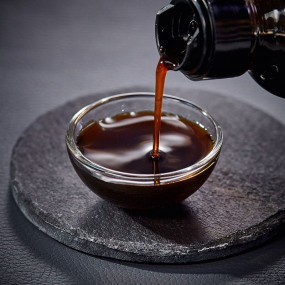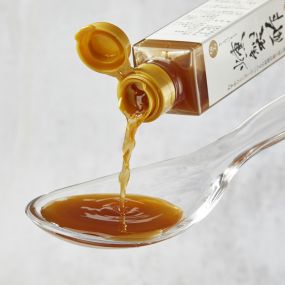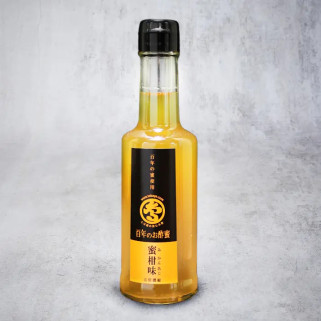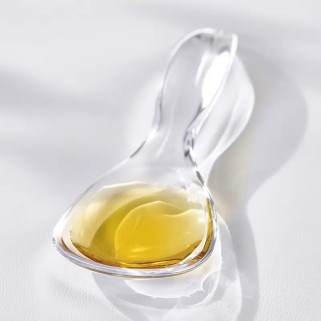Add to my wishlist "Black rice vinegar 3 years aged"
Select a wishlist to add this product
There are not wishlist.
This product has been added to wishlist.
View my Wishlists
This product has been added to your wish list.
Remove
This product was successfully removed from your wish lists.
€31.50
€63.00 / L

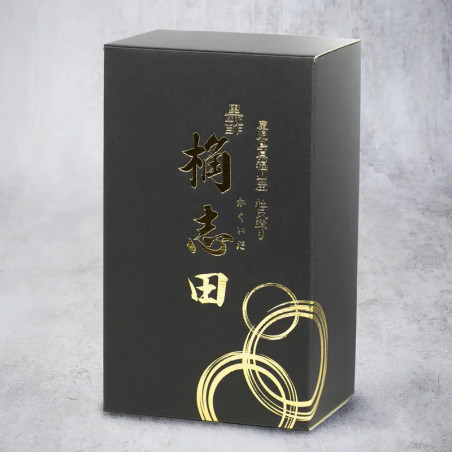
Add to my wishlist "Black rice vinegar 3 years aged"
Select a wishlist to add this product
There are not wishlist.
This product has been added to wishlist.
View my Wishlists
This product has been added to your wish list.
Remove
This product was successfully removed from your wish lists.
€31.50€63.00 / L


Add to my wishlist "Black rice vinegar 3 years aged"
Select a wishlist to add this product
There are not wishlist.
This product has been added to wishlist.
View my Wishlists
This product has been added to your wish list.
Remove
This product was successfully removed from your wish lists.
Japanese vinegar
Awarded Excellence prize at "Kagoshima New Hometown Special Product Contest;
This vinegar contains more essential amino acids than the usual "Kashida" black vinegar.
€31.50€63.00 / L


Add to my wishlist "Black rice vinegar 3 years aged"
Select a wishlist to add this product
There are not wishlist.
This product has been added to wishlist.
View my Wishlists
This product has been added to your wish list.
Remove
This product was successfully removed from your wish lists.
Japanese vinegar
Awarded Excellence prize at "Kagoshima New Hometown Special Product Contest;
This vinegar contains more essential amino acids than the usual "Kashida" black vinegar.
€31.50€63.00 / L


























